Canada is one of the most sought-after destinations for international students, thanks to its world-class education system, multicultural environment, and promising career opportunities. However, before you can embark on your academic journey, securing a study permit is essential. This permit is a legal requirement for most international students who plan to study in Canada for more than six months.
In this detailed guide, we’ll cover:
The process of applying for a study permit.
Important deadlines and required documents.
Tips for a successful application
What Is a Study Permit?
A Canadian study permit is a document issued by Immigration, Refugees and Citizenship Canada (IRCC) that allows international students to study at a Designated Learning Institution (DLI) in Canada. It is not a visa, so depending on your country, you may also need a visitor visa or an electronic travel authorization (eTA) to enter Canada.
The Process of Applying for a Study Permit
1. Secure Admission to a Designated Learning Institution (DLI)
Before applying for a study permit, you must receive an acceptance letter from a Designated Learning Institution (DLI) in Canada. DLIs are schools, colleges, or universities approved by the government to host international students.
Tips for Securing Admission:
Research institutions that offer programs aligning with your career goals.
Ensure the institution is a DLI by checking the IRCC website.
Submit a strong application with all required documents, such as transcripts, test scores, and letters of recommendation.
2. Gather Required Documents
Preparing your documents is a crucial step in the application process. Missing or incorrect documents can lead to delays or even denial.
Required Documents for Study Permit Application:
Proof of Identity:
A valid passport or travel document.
Recent passport-sized photographs meeting IRCC specifications.
Letter of Acceptance (LOA):
An official letter from the DLI confirming your admission.
Proof of Financial Support:
Evidence that you can cover tuition fees, living expenses (minimum CAD $10,000 per year), and return travel costs. Examples include:
Bank statements.
Proof of scholarships or funding.
Letter of financial support from family.
Study Plan or Statement of Purpose (SOP):
A written explanation of your study goals and plans after graduation.
English or French Language Proficiency Scores:
If required by your institution, submit scores from recognized tests like IELTS, TOEFL, or TEF.
Medical Examination Results:
Proof of good health through a medical exam conducted by a panel physician approved by IRCC (if applicable).
Police Clearance Certificate:
A certificate showing no criminal record (may be required based on your country of residence).
Immigration Fees:
Pay the study permit application fee (CAD $150) and, if required, the biometrics fee (CAD $85).
3. Submit Your Application
You can apply for a study permit online or by paper application, but online submission is faster and more convenient.
Online Application Steps:
Create an account on the IRCC website.
Fill out the study permit application form (IMM 1294).
Upload scanned copies of all required documents.
Pay the application and biometrics fees.
Submit the application and note the confirmation number for tracking.
4. Attend Biometrics Appointment
Most applicants are required to provide biometrics (fingerprints and a photograph). After submitting your application, you’ll receive a Biometrics Instruction Letter (BIL). Visit a Visa Application Centre (VAC) to complete this step.
5. Wait for the Decision
The processing time for study permits varies depending on your country of residence. It can take anywhere from 2 to 20 weeks, so it’s essential to apply well in advance.
Factors Influencing Processing Time:
Completeness of your application.
Whether additional information is requested by IRCC.
Current application volumes at IRCC.
Once your permit is approved, you’ll receive a Port of Entry (POE) Letter of Introduction, which you’ll need to show upon arrival in Canada.
Important Deadlines
1. Application Timeline
Start preparing your application at least 6–12 months before your intended start date.
Most programs have September, January, or May intake cycles.
2. Submission Deadline for Study Permit
Apply for your study permit at least 3–4 months before your program start date to account for processing times and any unforeseen delays.
Tips for a Successful Application
1. Ensure Completeness and Accuracy
Double-check your application for errors or omissions.
Upload clear, legible copies of all documents.
2. Demonstrate Strong Financial Capability
Provide detailed proof of funds to show you can cover your expenses.
If receiving financial support from family, include a signed affidavit of support.
3. Write a Compelling Statement of Purpose (SOP)
Clearly explain why you want to study in Canada, how your chosen program aligns with your goals, and your plans after graduation.
Avoid generic statements—be specific and authentic.
4. Highlight Intent to Return
Clearly state your intention to return to your home country after completing your studies.
Include ties to your home country, such as family, property, or a job offer.
5. Stay Organized and Plan Ahead
Start the process early to avoid last-minute stress.
Keep copies of all submitted documents for future reference.
6. Seek Professional Guidance
Lorem ipsum dolor sit amet, consectetur adipiscing elit. Ut elit tellus, luctus nec ullamcorper mattis, pulvinar dapibus leo.
Common Reasons for Study Permit Refusal
Understanding potential pitfalls can help you avoid common mistakes:
Insufficient Proof of Funds: Ensure you provide clear and verifiable evidence of financial support.
Weak SOP: A vague or poorly written SOP can hurt your application.
Lack of Ties to Home Country: Demonstrate strong reasons to return after your studies.
Missing Documents: Carefully review the checklist and ensure all required documents are included.
Conclusion
Securing a Canadian study permit is a critical step in your journey to studying in Canada. By understanding the process, adhering to deadlines, and submitting a thorough application, you’ll set yourself up for success. While the process may seem daunting, careful preparation and attention to detail can make it manageable.
Canada’s welcoming environment and world-class education make it worth the effort. Begin your preparation early, and soon, you’ll be on your way to achieving your academic and professional dreams in Canada
Frequently Asked Questions About Canadian Study Permits
What is a Canadian study permit?
A Canadian study permit is a document that allows international students to study at designated learning institutions in Canada.
Who needs a study permit to study in Canada?
Any international student planning to study in Canada for longer than six months requires a study permit.
What are the requirements for a Canadian study permits?
You need a letter of acceptance from a designated learning institution, proof of financial support, and a valid passport.
How long does it take to get a Canadian study permit?
The processing time varies depending on your country of residence but typically takes 4-12 weeks.
Can I work while studying in Canada?
Yes, international students with a study permit can work up to 20 hours per week during academic sessions and full-time during scheduled breaks.
How do I renew or extend my study permit in Canada?
To extend your study permit, you must apply at least 30 days before your current permit expires.
What happens if my study permit expires?
You must apply to restore your status as a student within 90 days of your permit’s expiry date.
Do I need a study permit for short courses in Canada?
No, if your program is less than six months, you don’t need a study permit but may still require a visitor visa.




